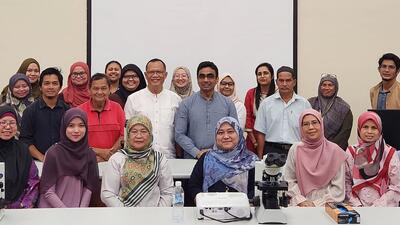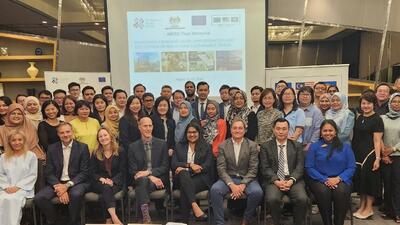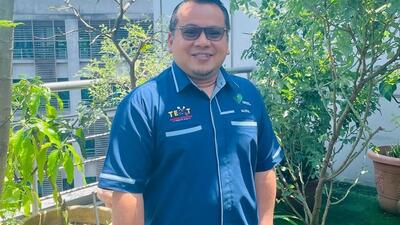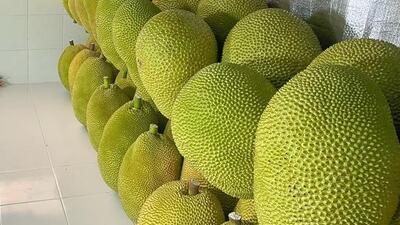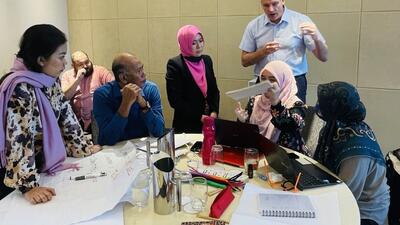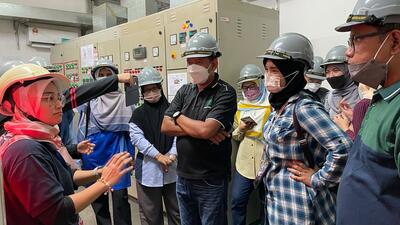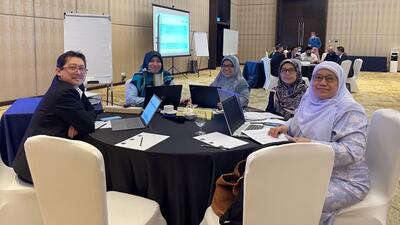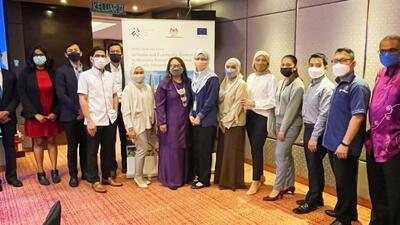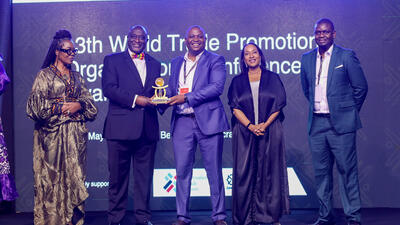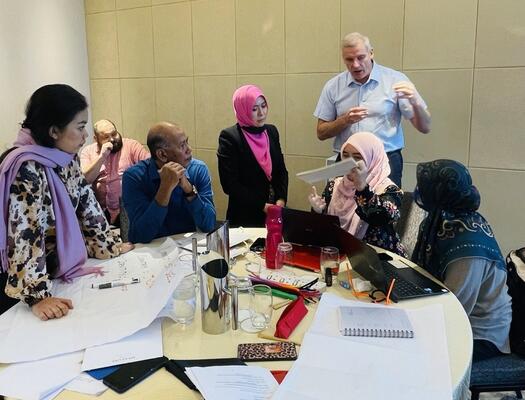
Managing the biosecurity threat in Malaysia
Pest Initiated Pest Risk Analysis (PRA) focuses on a particular pest that may have multiple pathways entry.
This was highlighted at a training workshop held in Putrajaya, recently organized by the International Trade Centre in partnership with the Department of Agriculture of Malaysia, as part of the ARISE Plus Malaysia project funded by the European Union (EU).
40 of the participants from Department of Agriculture (DOA) were given an overview of PRA and the contribution of the PRA in International Standards for Phytosanitary Measures (ISPMs).
The training helped participants in understanding the factors contributing to pest entry, increasing awareness on economic, social and environmental impact of pests.
The most suitable time to initiate pest risk analysis, the relevant processes and various methodologies were also discussed in detail.
Representatives from Department of Environment Food and Rural Affairs, State Plant Protection Service of Latvia, Plant Department of Environment Food and Rural Affairs UK, National Plant Protection Organisation Centre for Agriculture and Bioscience International attended
Experts shared various online PRA tools, and the EU approach for different situations.
“Our new officers found the training particularly useful. Participants learnt to identify pests such as fireflies during the training which would be helpful for them,” said Ms. Laila, the Head of Pest Management at Department of Agriculture
Puan Lailatul Jumayah, from Plant Biosecurity Unit, Serdang expressed interest on training her fellow colleagues within the Department, and those relevant to tighten Malaysia’s Biosecurity Threat.
About the project
The ARISE Plus Malaysia project supports inclusive and sustainable economic growth in the country through enhancing sustainable business and investment environments, improving product quality and competitiveness, as well as enhancing sustainable and internationally quality-compliant practices in the agri-food sector.
The three-year project is funded by the European Union and is a part of its national and regional ARISE Plus projects to support greater connectivity and economic integration in ASEAN. The project is implemented in partnership with the Ministry of International Trade and Industry.






